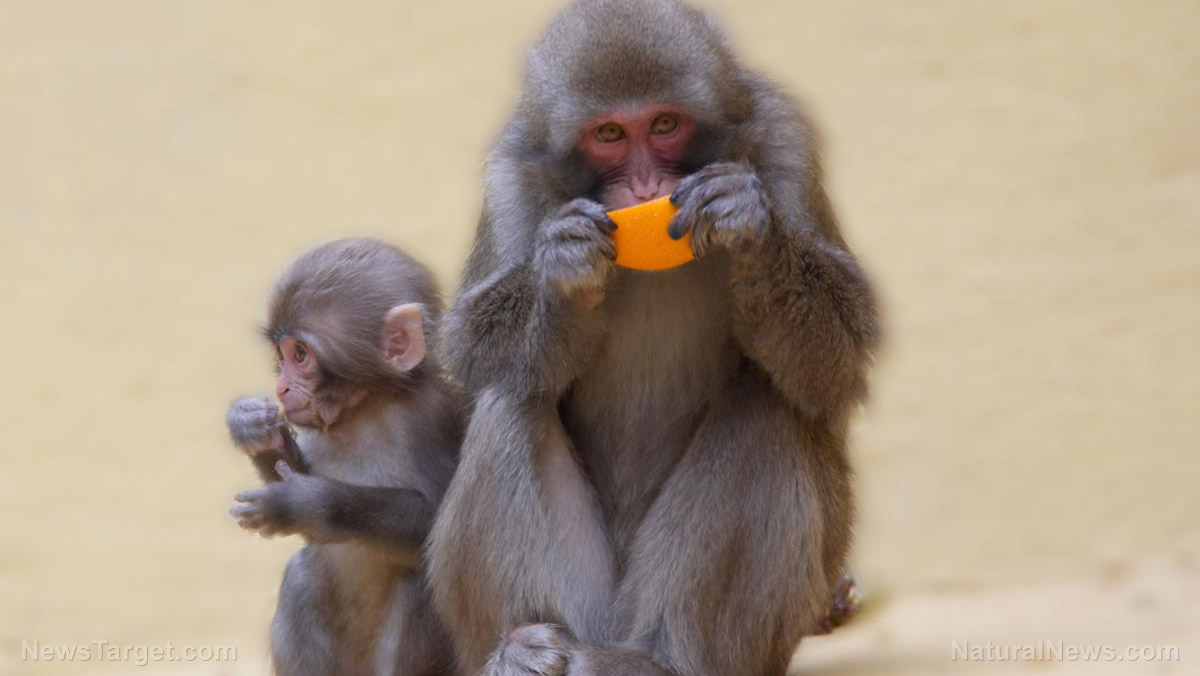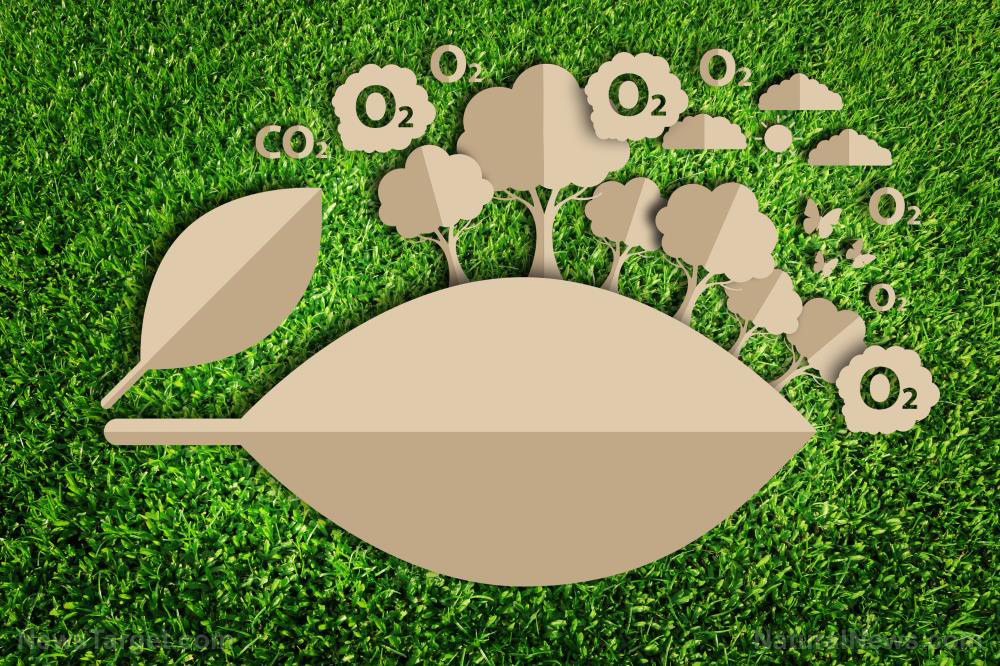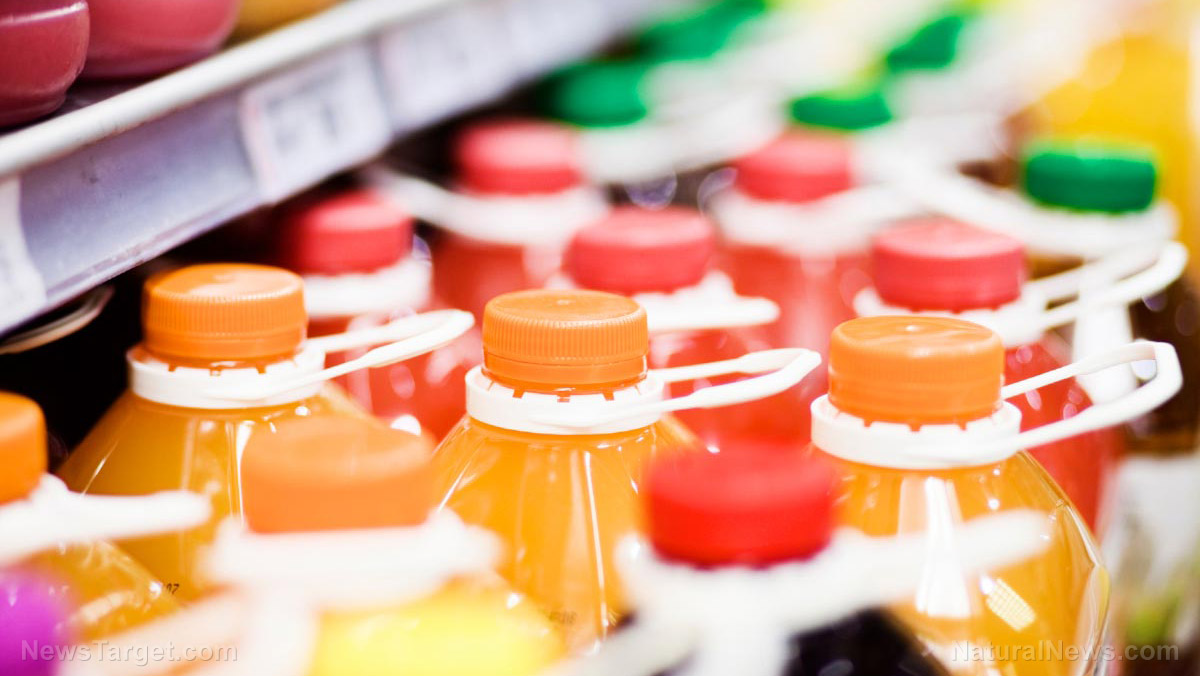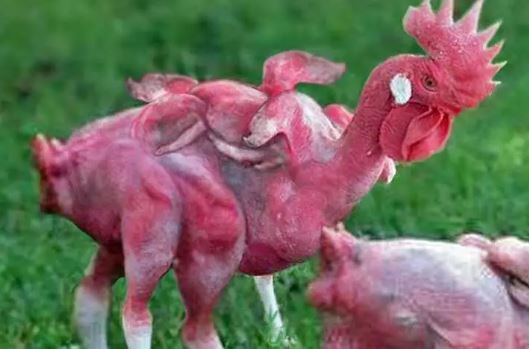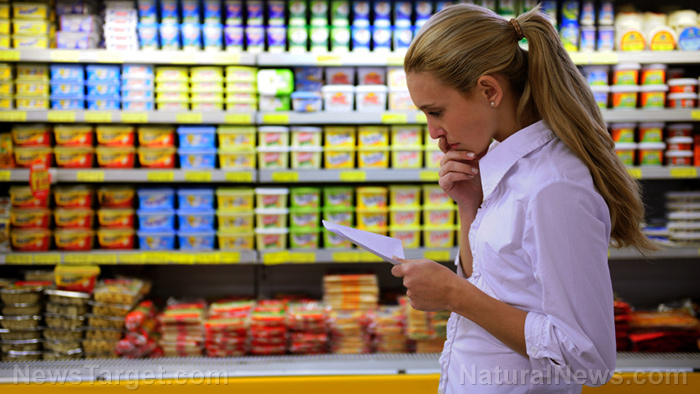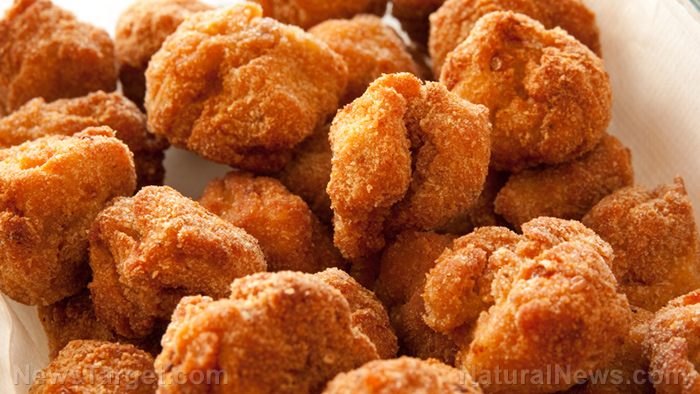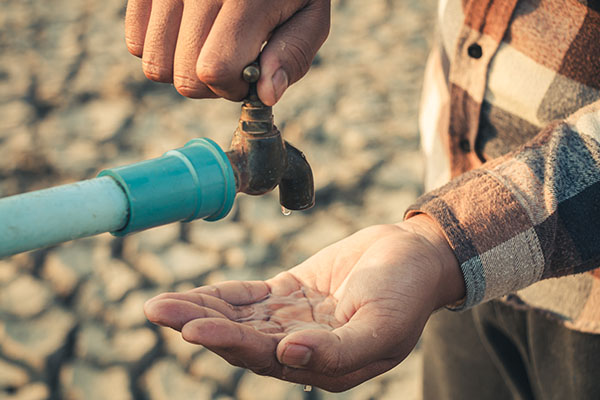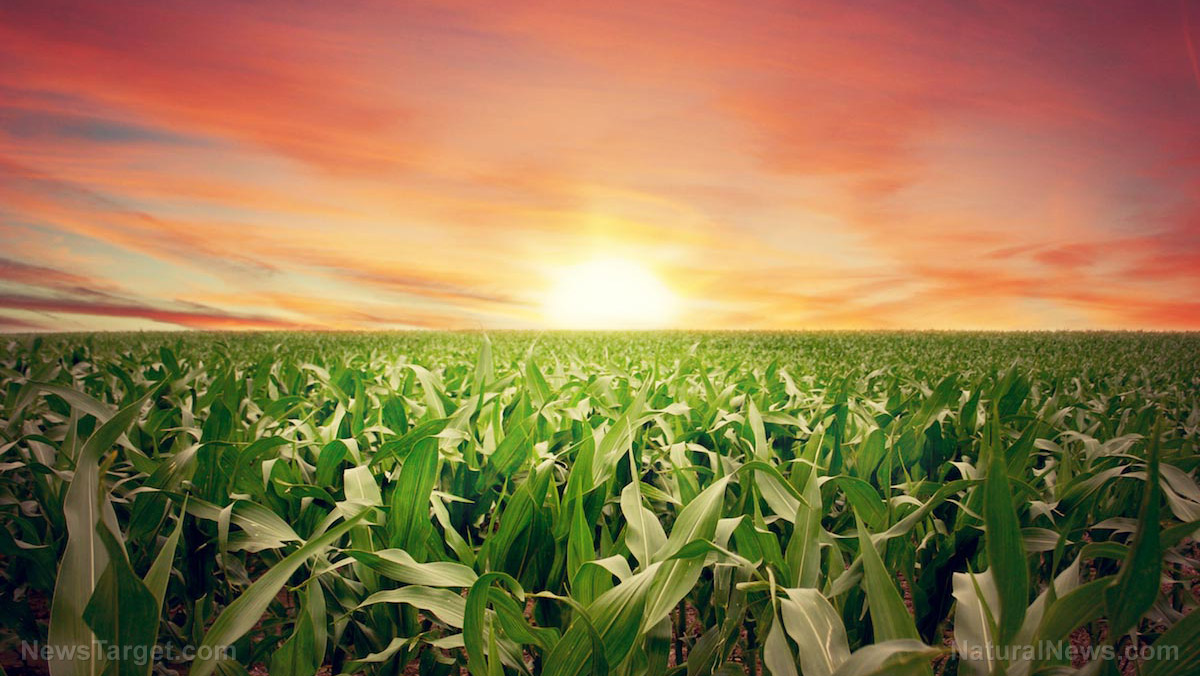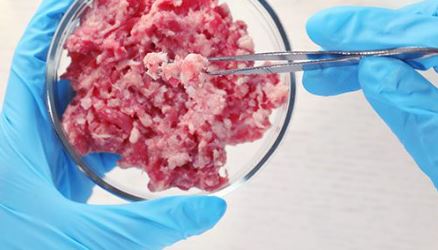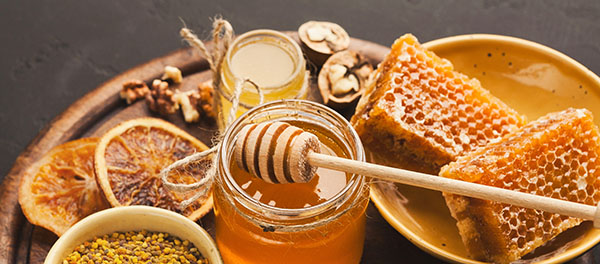Irish farmers outraged over government plan to cull 200,000 cows to meet climate goals
07/07/2023 / By Cassie B.
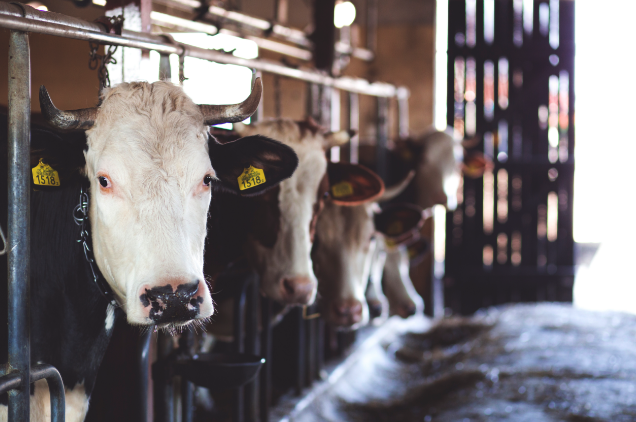
Irish farmers are pushing back against a proposal by the government to cull hundreds of thousands of cows in hopes of meeting their commitment to becoming climate neutral.
A report by the Irish Department of Agriculture outlined how 200,000 cows could be killed over the next three years to meet carbon targets. The plan would reportedly come at a cost of around 600 million euros to taxpayers, with the document indicating that 5,000 euros per cow would be offered as compensation.
The country’s Environmental Protection Agency said that the agriculture industry was creating nearly 40 percent of the greenhouse gas emissions there, and much of it stems from the methane in livestock and the use of nitrogen fertilizer. The country has committed to reducing its agricultural emissions by 25 percent by the year 2030.
They are calling the plan a “dairy reduction scheme,” but the result is the senseless slaughter of hundreds of thousands of animals in the name of somehow helping the environment.
The cull would entail killing 65,000 cows per year over the next three years, reducing the country’s overall dairy herd by 10 percent. It is being positioned as a potential “retirement exit scheme” for aging farmers.
Farmers believe cattle culling will backfire
The president of the Irish Farmers’ Association, Tim Cullinan, said that the plan would only serve to increase farmers’ mistrust in the government and will not have the intended environmental aims.
He said: “Reducing dairy or beef production in Ireland will also lead to ‘carbon leakage’ with production moving to other countries with a higher carbon footprint. This is likely to increase global warming rather than reducing it.”
Irish Creamery Milk Suppliers Association President Pat McCormack believes that the focus should be on other sectors when it comes to helping the environment. He said: “We’re the one industry with a significant roadmap, and, to be quite honest with you, our herd isn’t any larger than it was 25 to 30 years ago. Can the same be said for the transport industry, can the same be said for the aviation industry?”
He added that any culling that takes place needs to be done on a voluntary basis. McCormack said that farmers would be willing to do their part to help preserve the environment, but that forcing the issue is not a solution.
Other critics of the plan fear that the move could have a major effect on the country that is not unlike what happened during the potato famine. Australian geologist Ian Plimer said that the move would “only end in disaster.”
“The Irish know about this from the potato famine. A third of their population died, a third emigrated, and the same thing will happen. They will lose productive people from Ireland, and they’ll go somewhere else,” he said.
Elon Musk has also weighed in on the proposal, tweeting in reply to an editorial wondering if American herds would soon follow suit: “This really needs to stop. Killing some cows doesn’t matter for climate change.”
Could eating meat be banned soon?
Animal meat has long been a target of environmentalists and governments looking to exert more power. Frankenfoods like Beyond Meat are being pushed on the masses, and tactics such as carbon taxes, agricultural subsidies and tax schemes are being used to limit the availability of meat. Some have even called for meat consumption to be banned.
Microsoft founder Bill Gates has said that he believes all wealthy nations should switch to 100 percent synthetic beef, and he has provided financial backing for meat alternative brands like Impossible Foods and Beyond Meat.
Synthetic meats are often made using genetic modification, and their long-term effects on human life are not known. Lab-grown meats also fall short when it comes to nutrition, with many options lacking protein and other important nutrients.
Sources for this article include:
Submit a correction >>
Tagged Under:
beef, big government, Cattle, climate, climate change, conspiracy, deception, farce, food collapse, food police, food supply, green tyranny, greenhouse gases, insanity, Ireland, left cult, meat, outrage, world agriculture
This article may contain statements that reflect the opinion of the author
RECENT NEWS & ARTICLES
COPYRIGHT © 2017 FOOD SUPPLY NEWS


